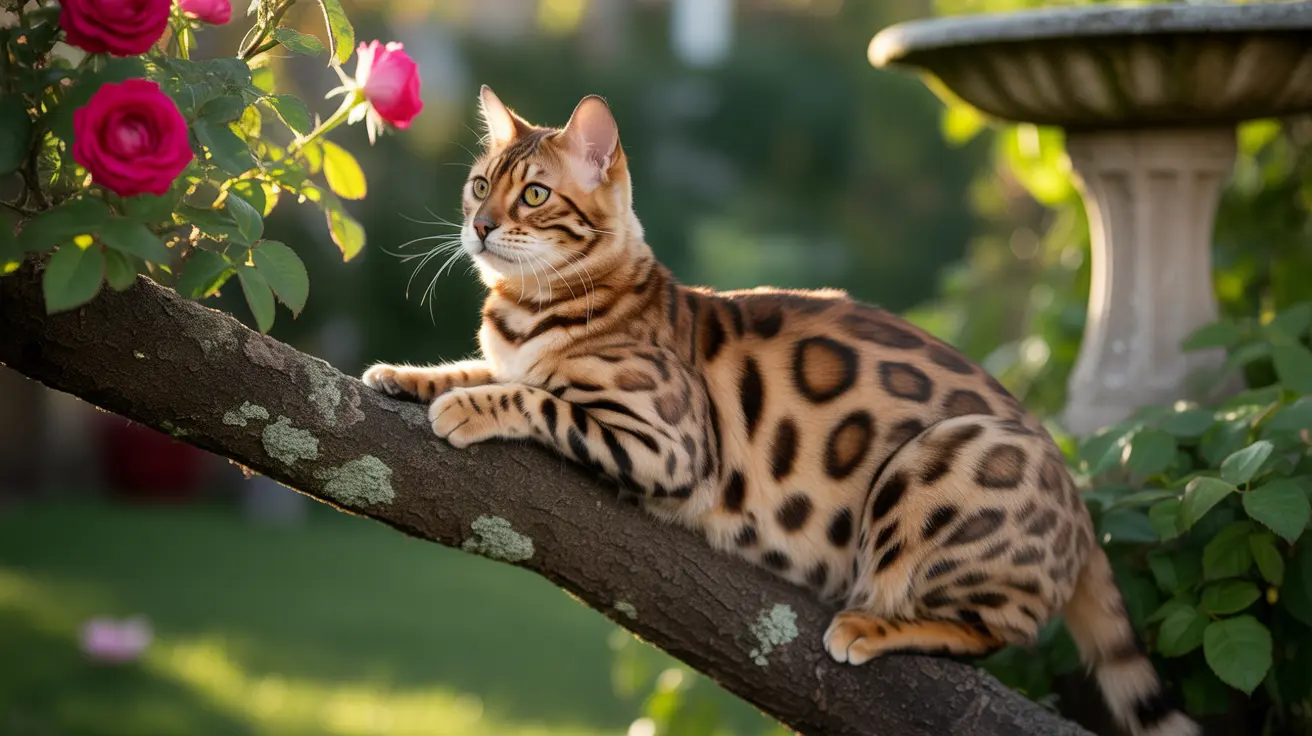Considering a bobcat as a unique pet might seem exciting, but the reality is far more complex than most people realize. While these wild felines may look appealing, owning a bobcat involves navigating intricate legal landscapes, significant challenges, and serious ethical considerations.
This comprehensive guide will explore the realities of bobcat ownership, providing crucial insights into the legal, practical, and safety aspects of keeping these wild animals as pets.
Understanding Bobcat Pet Laws Across the United States
The legality of owning a bobcat varies dramatically across different states. Some regions welcome bobcat ownership with minimal restrictions, while others impose strict regulations or outright prohibit it.
States with More Lenient Bobcat Pet Regulations
Several states offer relatively straightforward paths to bobcat ownership. States like Nevada, Alabama, North Carolina, Wisconsin, and South Carolina have more permissive laws regarding exotic pet ownership. However, "permissive" doesn't necessarily mean "recommended".
Permit Requirements and Restrictions
Many states require extensive permits and documentation for bobcat ownership. States such as Arizona, Florida, Texas, Missouri, and Wyoming mandate comprehensive registration processes, often involving:
- Detailed housing inspections
- Proof of specialized care capabilities
- Background checks
- Substantial documentation
Why Bobcats Don't Make Good Household Pets
Despite their potentially appealing appearance, bobcats are fundamentally wild animals unsuited to domestic environments. Their complex needs far exceed those of traditional house cats.
Behavioral Challenges
Bobcats possess powerful instincts that make them inherently unpredictable. As they mature, they can exhibit:
- Aggressive territorial behaviors
- Unpredictable mood swings
- Strong predatory impulses
- Limited tolerance for human interaction
Specialized Care Requirements
Maintaining a bobcat requires extraordinary commitment. Owners must provide:
- Large, secure outdoor enclosures
- Specialized veterinary care
- Unique dietary requirements
- Extensive environmental enrichment
- Professional-level understanding of wild animal behavior
Ethical Considerations in Bobcat Ownership
Beyond legal complexities, bobcat ownership raises significant ethical questions. Wildlife experts consistently argue that these animals are best preserved in their natural habitats or managed by professional wildlife sanctuaries.
Legal and Moral Responsibilities
Potential bobcat owners must critically examine their motivations. Responsible wildlife management prioritizes animal welfare over human novelty or exotic pet trends.
Frequently Asked Questions
What states allow pet bobcats without a permit?
Nevada, Alabama, North Carolina, Wisconsin, and South Carolina have relatively relaxed regulations regarding bobcat ownership. However, local municipal laws may still impose restrictions.
How do I obtain a permit to keep a bobcat as a pet?
Permit processes vary by state but typically require:
- Detailed facility plans
- Proof of specialized animal care knowledge
- Background checks
- Substantial application fees
- Regular inspections
Can bobcats be kept as pets safely at home?
Generally, no. Bobcats are wild animals with complex behavioral and environmental needs that cannot be safely met in typical household settings.
What special care and housing does a pet bobcat need?
Bobcats require:
- Large, secure outdoor enclosures
- Specialized diet mimicking wild nutrition
- Extensive veterinary care
- Significant environmental enrichment
- Professional-level behavioral management
Are there any ethical or legal considerations I should know before adopting a bobcat as a pet?
Key considerations include:
- Complex legal restrictions
- Significant financial investment
- Potential safety risks
- Ethical concerns about wild animal domestication
- Limited veterinary support for exotic pets
Ultimately, while the idea of a bobcat companion might seem fascinating, responsible wildlife appreciation means recognizing these magnificent creatures are best observed and respected in their natural environments.






